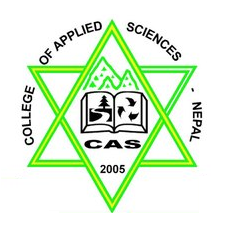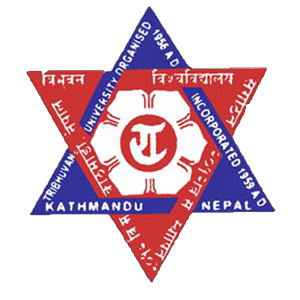Overview
BSc Environmental Science at Xavier International College, Kathmandu
Xavier International College (XIC), Bauddha–Tushal, Kathmandu, runs the BSc Environmental Science under Tribhuvan University. Many students plan for roles related to environment, climate, and sustainability in Nepal.
Overview
BSc Environment at XIC focuses on ecological and physical science concepts and their use in solving environmental problems. The program links human and natural systems, helps you read issues across local, national, and global scales, and trains clear analysis through both quantitative and qualitative methods. The degree carries TU affiliation and runs for four years.
Highlights
Duration: four years
Affiliation: Tribhuvan University
Location: Bauddha–Tushal, Kathmandu
Educational requirement: minimum of 12 years of schooling (as stated in the prospectus)
Curriculum details
The program introduces core ecological ideas, energy and matter flows, climate and water systems, and environmental change. Students study how policy and culture shape environmental outcomes and how scientific evidence informs decisions.
The course narrative explains rising interest in environmental studies in Nepal and positions the syllabus to cover environmental functionality, problems, and sustainable management processes and methods.
Objectives
The college lists objectives that align with scientific practice and civic responsibility. Students learn to use ecological and physical science tools in problem solving, understand ethics and history around environmental issues, recognize transnational features of environmental challenges, apply systems thinking to connect social and environmental processes, and present findings clearly in writing and speech.
Scope
Environmental science brings interdisciplinary work. Graduates interact with field data, lab measurements, GIS maps, policy briefs, and community dialogue. The program’s outcomes match roles that require evidence, careful recording, and clear communication across agencies and projects. Examples cited in the prospectus include scientific, engineering, legal, geological, biological, and policy paths that relate to Nepal’s environment sector.
Learning outcomes
students learn to
– master core ecological and physical science concepts for environmental problem solving
– read environmental issues in ethical, cultural, and historical context and link human systems with natural systems
– understand how problems cross borders and how multi-level action responds to them
– apply systems thinking to study interactions between society and environment
– use quantitative and qualitative analysis and communicate findings to academic and practitioner audiences
Skill development modules
XIC follows a need-based methodology that uses fieldwork, excursions, project studies, report writing, and presentations. These tasks create a habit of observation, data handling, teamwork, and public speaking. The approach supports internships and assistant-level work in environmental projects by giving you a record of assignments completed under faculty guidance.
Teaching methodology
Teachers operate in a developmental interactive style and maintain a balanced teacher–student ratio. The method favors guided exercises and regular interaction, which helps students present field notes, defend assumptions, and revise methods when required.
The college lists facilities that support research, including a conference hall, internet-enabled computers, and statistical packages for data analysis.
Admission requirements
The prospectus lists the educational requirement as a minimum of 12 years of schooling. The program duration is four years under TU. Xavier International College follows these steps: choose course, submit application, sit the entrance (if announced), attend interview with parent or guardian, receive offer, and enroll.
Applicants can request one-to-one appointments and campus visits through the Admissions Office.
Career opportunities
The college prospectus lists examples across environmental science, engineering, law, and policy analysis. Environmental scientists investigate and help resolve issues to keep people and ecosystems safe. Environmental engineers prepare and review investigative reports and design projects that protect resources.
Environmental lawyers and attorneys handle matters for organizations and communities, often drawing on expert witnesses from science and engineering.
Environmental geologists protect soil and water quality. Policy analysts write proposals that rely on scientific concepts. Environmental biologists study living systems, landscapes, and conservation topics. These examples match project teams active in Nepal’s environmental field.
Scholarships and financial aid
Scholarship terms change by intake. Students should check the current notice and speak with the Admissions Office about active schemes, required documents, and deadlines for the session. Counseling services can also guide on higher studies after the bachelor’s degree.
Why choose this course?
BSc Environment at XIC offers a TU pathway that connects scientific method with Nepal’s on-ground challenges. Outcomes focus on systems thinking, measurement, and communication—three habits you will need in conservation projects, environmental compliance, municipal planning, and research.
The college lists research support and counseling services that help with day-to-day learning and planning for internships or assistant roles.
Conclusion
BSc Environmental Science at Xavier International College is a four-year, TU-affiliated program with clear learning outcomes and sector relevance. Students practice observation, analysis, and reporting through structured assignments and field tasks. Confirm admission dates and any entrance notifications with the college before applying.





















